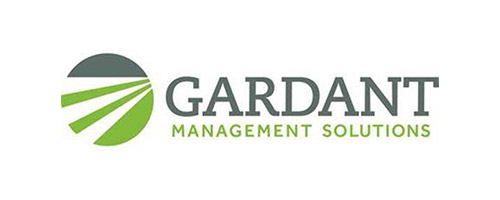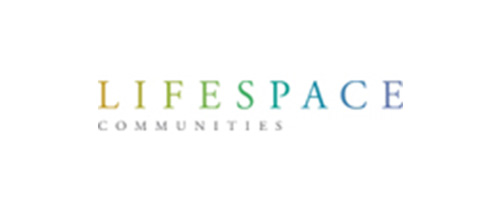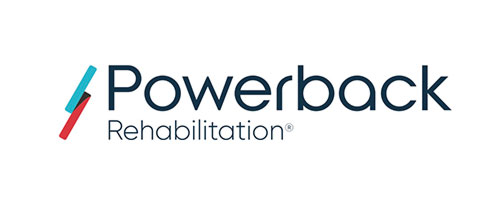Scientific research
All reports are FREE to ICAA Organizational and ICAA 100 members. Individual members need to upgrade to an Organizational and/or ICAA 100 membership to access reports.
Non-member can purchase reports by setting up a nonmember account, click on the Log-in button above to do so. Nonmembers can also access reports by purchasing an ICAA Organizational or ICAA 100 membership.
Access and utilize the ICAA library of scientific studies, reports and statistics to assist you with the development of your business case for wellness, program and community design and development, evidence-informed lifestyle choices and marketing strategies and approaches.
Topic- Aging

How communities can support aging in place with dementia
Although much research has been conducted on community-level factors related to the risk of dementia in general, less is known about the factors that affect the ability of older adults with dementia to age in place successfully, according to the National Academies of Sciences, Engineering, and Medicine (NAS).
moreAging

Stats: Only 15% of adults get palliative care at home in last year of life
Starting palliative care in the months before death is linked to a more positive end-of-life experience, including improved quality of life, less anxiety, better pain and symptom management, and potentially less aggressive care at the end of life. However, Canadian estimates indicate that only 15% of people receive palliative care at home in the last year of life. It's an issue active-aging professionals should be aware of.
moreAging

Healthy aging toolkit facilitates evidence-based research
Australia's ARC Centre of Excellence in Population Ageing Research and the University of New South Wales have launched the Healthy Ageing Toolkit. The toolkit, a website, is a repository of searchable information about aging cohort studies conducted around the world (current number of studies, 287) designed to support the study of healthy aging and its trajectories, as well as inequities related to healthy aging. Active-aging organizations may want to locate studies in their area of interest and contact the lead researchers about collaborations. This could be particularly relevant to university-based communities.
moreAging

Community spaces may boost healthy aging for older non-white adults
Millions of Americans over the age of 65 lack access to the social and emotional support they need for healthy aging, and non-white individuals in rural communities are especially susceptible. Recent research from Penn State found that the presence of social infrastructure -- shared community spaces that are free or low cost to visit -- in these communities may help provide social and emotional support and promote healthy aging among older, non-white adults. Active-aging organizations might think about ways to help.
moreAging

Stats: 10% of 50+ population are solo agers
About 10% of the 50-plus population are solo agers – that is, older adults without a partner or children -- according to AARP's Solo Agers Survey. For the most part, these solo agers are enjoying their lives, according to the survey. They enjoy the independence that living alone affords them, and about half (49%) are somewhat or extremely optimistic about their quality of life compared to 59% of adults 50-plus overall. They could be a growing customer base for independent living, as these findings show:
moreAging

Tech Talk: Promising advances made in longevity neurotechnologies
Longevity.Technology has released a fascinating report that looks at how the brain's longevity potential can be unlocked, reviewing how we understand the biologically aging brain and the solutions neurotech offers. In the foreword, the report's sponsor, nonprofit Neurotech X, defines neurotechnology as "any technological intervention that interacts with the brain or central nervous system either directly or indirectly." As neurotech attempts to integrate human and machine to enhance both, it continues, "applications of the technology are broad ranging."
more


































